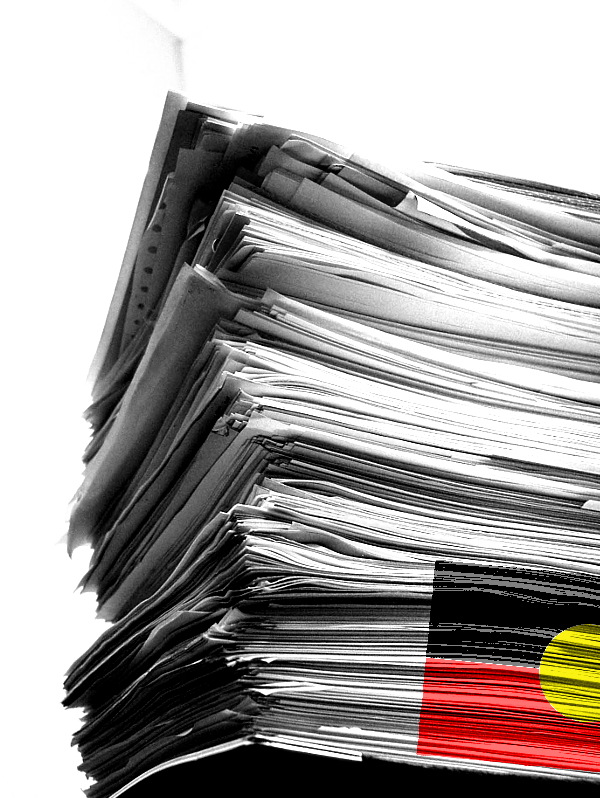Ancient trade accepted in NT
 There is a growing legal precedent for native title holders to take and use resources from their land for commercial purposes.
There is a growing legal precedent for native title holders to take and use resources from their land for commercial purposes.
The Federal Court has handed down a ruling that recognises the “commercial right to trade within our native title decision”, according to the Northern Land Council.
It is the first time native title rights-holders have been recognised in this way in the Northern Territory, and follows similar rulings for Queensland and WA communities.
The claimants in the case argued they were being prevented from engaging in a common cultural practice of trading with neighbours, and even used evidence that they had been trading with people in Sulawesi long before British invasion.
More broadly, the decision recognises that long-distance exchange routes criss-crossed the Australian continent and local waters for likely thousands of years.
It gives the native title holders exclusive possession of vacant crown land in the town of Borroloola, south-east of Darwin.
The judge’s ruling acknowledged the history of trade between the Yanyuwa people in the region and the visiting Macassan people from the south-east corner of Sulawesi, and involved a key question of whether that trade was of a commercial nature or for only communal and subsistence purposes.
Graham Friday, a native title claimant, gave evidence that growing up in Borroloola he had heard stories about how his forebears “used to help Macassans collect trepang and how they used to trade them for tobacco and or steel axes”.
Anthropologist Jeff Stead gave evidence as well, showing that Macassan people came to northern Australia to trade with Aboriginal people long before the British arrived.
“Historical evidence suggests the Macassans were very interested in collecting and processing trepang, which was a highly regarded in China,” Stead said.
“So they would take trepang, sometimes timber, some minerals and in return Aboriginals obtained, tobacco, foodstuffs, glass bottles, iron and steel materials and above all at the end they received the dugout canoes.”
The Northern Territory and Federal governments opposed the claim at Borroloola, and neither have spoken on the ruling yet.








 Print
Print